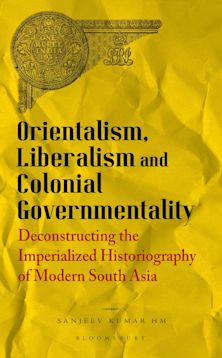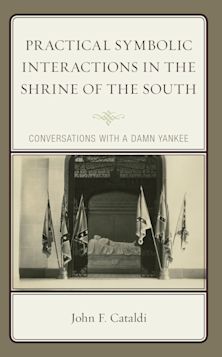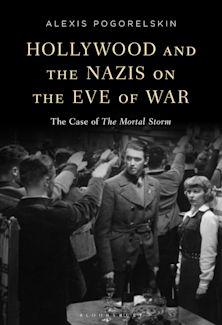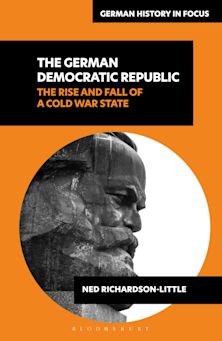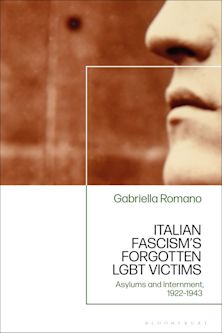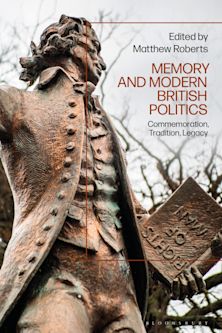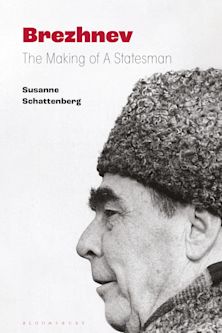Shakespeare between Machiavelli and Hobbes
Dead Body Politics
Shakespeare between Machiavelli and Hobbes
Dead Body Politics
This product is usually dispatched within 3 days
- Delivery and returns info
-
Free CA delivery on orders $40 or over
Description
Shakespeare between Machiavelli and Hobbes explores Shakespeare’s political outlook by comparing some of the playwright’s best-known works to the works of Italian political theorist Niccolò Machiavelli and English social contract theorist Thomas Hobbes. By situating Shakespeare ‘between’ these two thinkers, the distinctly modern trajectory of the playwright’s work becomes visible. Throughout his career, Shakespeare interrogates the divine right of kings, absolute monarchy, and the metaphor of the body politic. Simultaneously he helps to lay the groundwork for modern politics through his dramatic explorations of consent, liberty, and political violence. We can thus understand Shakespeare’s corpus as a kind of eulogy: a funeral speech dedicated to outmoded and deficient theories of politics. We can also understand him as a revolutionary political thinker who, along with Machiavelli and Hobbes, reimagined the origins and ends of government. All three thinkers understood politics primarily as a response to our mortality. They depict politics as the art of managing and organizing human bodies—caring for their needs, making space for the satisfaction of desires, and protecting them from the threat of violent death. This book features new readings of Shakespeare’s plays that illuminate the playwright’s major political preoccupations and his investment in materialist politics.
Table of Contents
Chapter 2: Shakespeare and the State of Nature: King Lear and Othello
Chapter 3: Violence and Politics: Julius Caesar and Lucrece
Chapter 4: Faith, Morality, and Contractual Politics: The Merchant of Venice and Measure for Measure
Chapter 5: Tyranny and Consent: Lucrece, Titus Andronicus, and Cymbeline
Product details
| Published | Mar 23 2018 |
|---|---|
| Format | Paperback |
| Edition | 1st |
| Extent | 190 |
| ISBN | 9781498514095 |
| Imprint | Lexington Books |
| Dimensions | 230 x 152 mm |
| Series | Politics, Literature, & Film |
| Publisher | Bloomsbury Publishing |
Reviews

ONLINE RESOURCES
Bloomsbury Collections
This book is available on Bloomsbury Collections where your library has access.

















